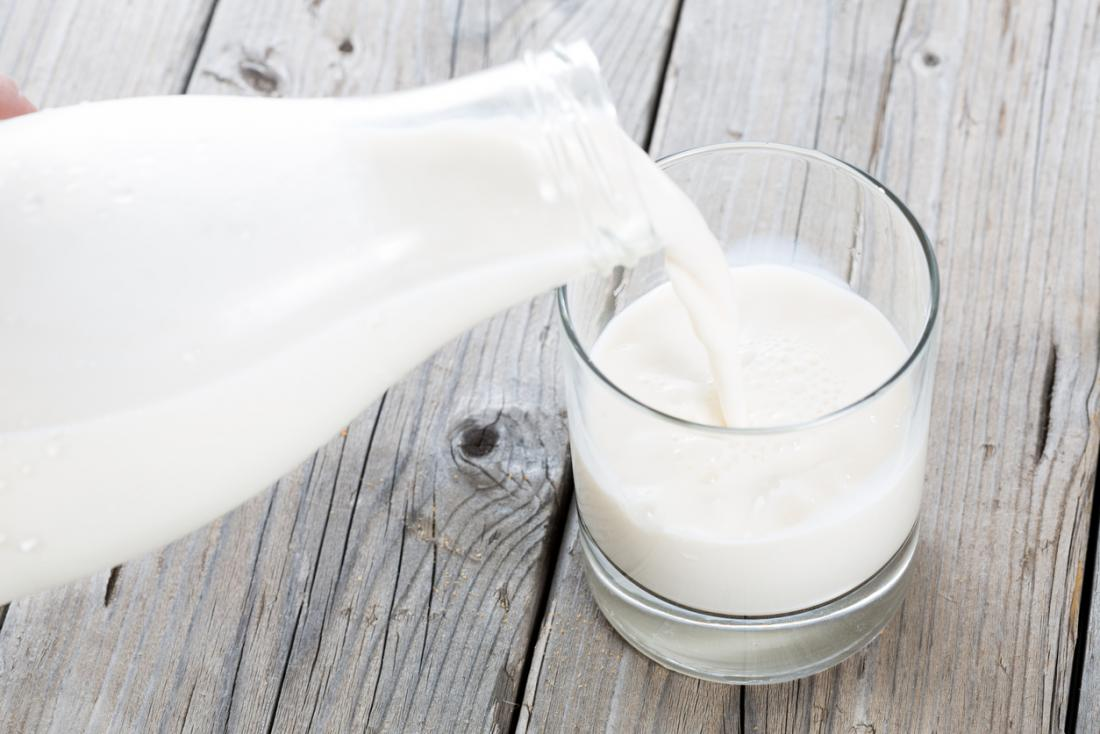Is Milk Good for Health?
Milk is a popular beverage that has been consumed by people for thousands of years. It is a rich source of essential nutrients such as calcium, protein, vitamins D and B12, and is an important part of many people's diets. However, in recent years, there has been a growing debate about the health benefits and potential drawbacks of consuming milk. In this article, we will examine the current scientific evidence on this topic to help you make an informed decision about whether milk is good for your health.
Calcium is one of the most important nutrients in milk and is crucial for maintaining strong bones and preventing osteoporosis. The human body needs calcium to build and maintain strong bones, and milk is an excellent source of this mineral. In fact, milk is one of the best dietary sources of calcium, providing about 30% of the daily recommended intake in a single 8-ounce serving. Consuming milk regularly can help to prevent osteoporosis, a condition that weakens bones and increases the risk of fractures.
Protein is another important nutrient found in milk, and it is essential for building and repairing muscle tissue. Milk contains high-quality protein that is easily absorbed by the body, making it an excellent source of protein for athletes and anyone looking to build or maintain muscle mass. Milk also contains casein, a type of protein that is slow-digesting and provides a steady supply of amino acids to the muscles throughout the day.
Vitamins D and B12 are two other important nutrients found in milk, and they play a crucial role in maintaining good health. Vitamin D helps the body to absorb calcium and is important for maintaining strong bones and preventing osteoporosis. Vitamin B12 is important for maintaining a healthy nervous system and preventing anemia. Milk is one of the best dietary sources of these vitamins, and drinking milk regularly can help to ensure that you are getting enough of these important nutrients.
On the downside, some people are lactose intolerant, meaning that they cannot digest lactose, the sugar found in milk. This can lead to digestive discomfort, bloating, and diarrhea. For these people, drinking milk can be a challenge, and they may need to avoid milk or choose lactose-free alternatives.
Another concern with milk is that it can be high in saturated fat, which is linked to an increased risk of heart disease. This is particularly true for whole milk and other high-fat dairy products. However, low-fat and fat-free dairy products are available for those who are concerned about their saturated fat intake. Additionally, some research has suggested that consuming large amounts of dairy products may increase the risk of certain types of cancer, such as prostate and ovarian cancer. However, the evidence in this area is still inconclusive and further research is needed.
In conclusion, milk can be a valuable part of a healthy diet, providing essential nutrients and supporting overall health. It is an excellent source of calcium, protein, vitamins D and B12, and can help to maintain strong bones, build muscle, and support a healthy nervous system. However, like any food, the benefits and drawbacks of consuming milk will vary from person to person and depend on individual factors such as dietary needs and health status. It is always best to speak with a healthcare provider or registered dietitian to determine the best approach for your individual needs. Whether you choose to include milk in your diet or opt for alternative sources of nutrients, it is important to make informed decisions about your health and nutrition based on the latest scientific evidence.





